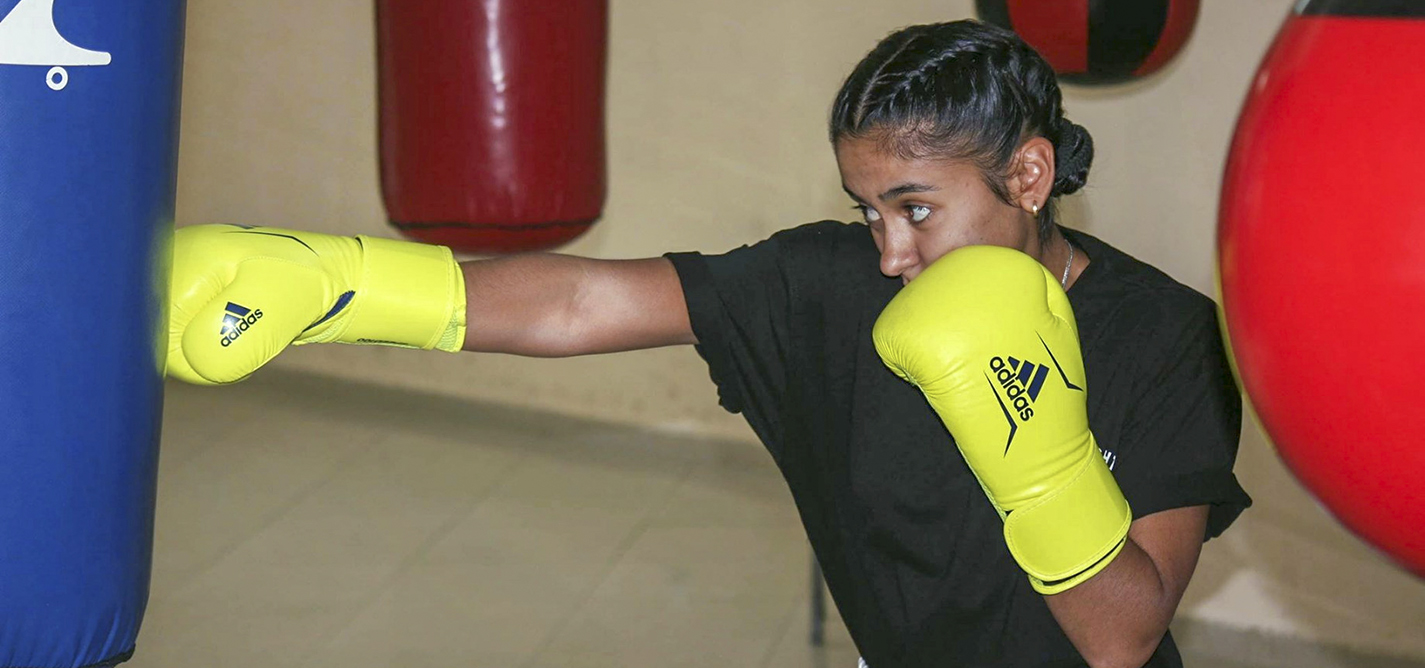
Sport in the time of pandemic
How Kosovo’s sporting world is coping with COVID-19.
“Most probably there will be less money for KOK but not for athletes.”
Besim Hasani, Kosovo Olympic CommitteeThe FFK has already announced that the Super League season will restart behind closed doors on June 7.
The FBK is also preparing a guide for clubs and players on how to return to play.

Bronwyn Jones
Bronwyn Jones is a former editor at K2.0. She has master’s degrees in Media Studies and International Affairs from New School University in New York.
This story was originally written in English.